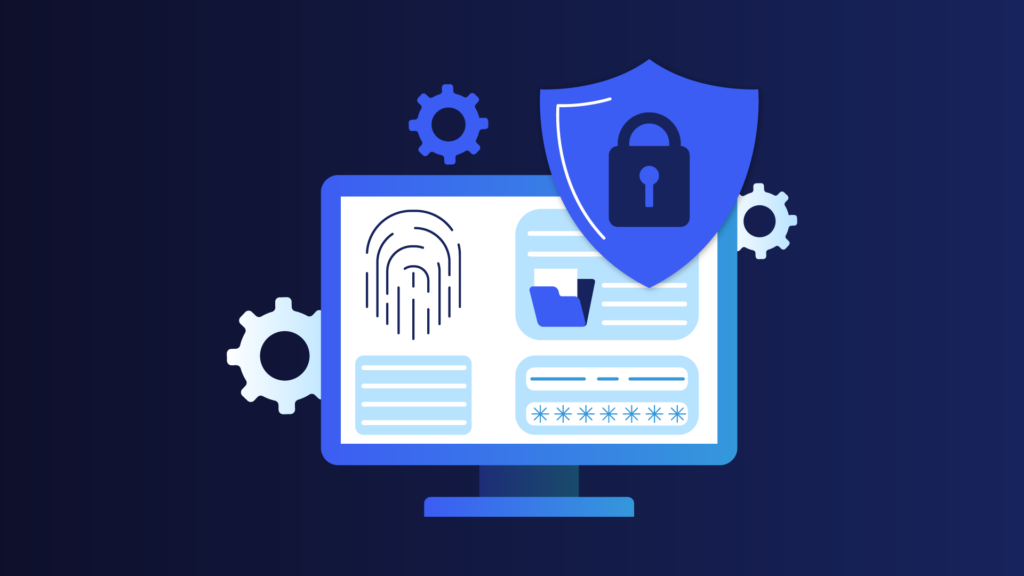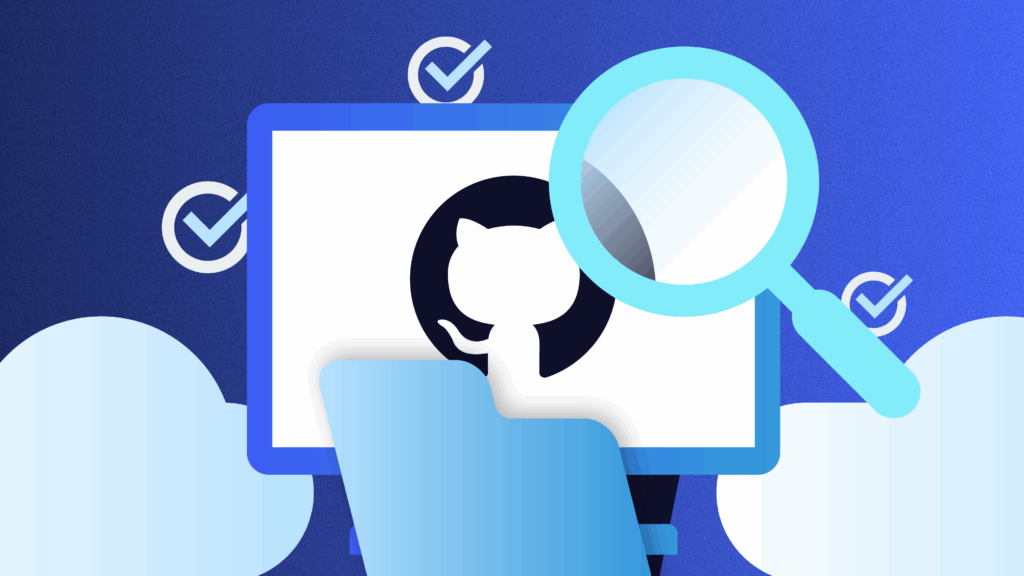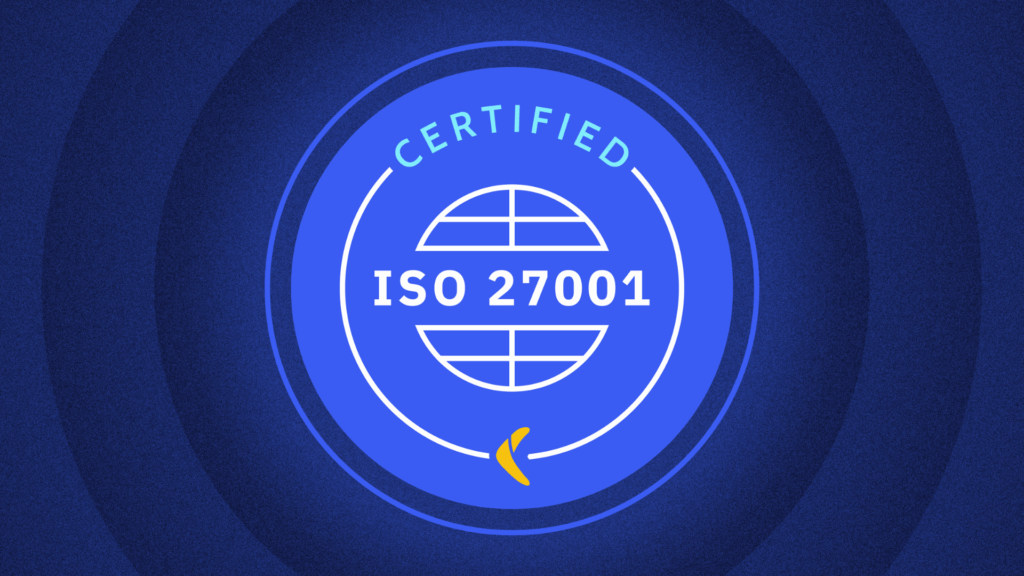Cloud backup solutions for small businesses are vital to assure your business continuity. Losing data could be disastrous, leading to costly downtime, loss of revenue and reputation, and potentially forcing you to pause operations until you recover from the incident.
No matter what industry you operate in, whether you’re in financial services, ecommerce, or running a marketing agency, your data is your lifeblood and must be protected. From the financial data to ecommerce data from your Shopify or BigCommerce store, cloud-based backup solutions are an essential tool for small businesses.
Today, we’re going to talk about cloud backup and the best cloud backup solutions for small businesses—what it is, how they work, the benefits, and how to choose the best cloud backup solution for your business needs.
Biggest Data-Loss Threats to a Small Business
As the saying goes, ‘know thy enemy.’ The enemy of most small and medium-sized businesses (SMBs) falls into three categories: ransomware, user error, and natural disasters. Unless you have backup software that offers data protection, one of these events can be devastating.
Ransomware Threats
Ransomware is malicious software that holds a network captive until a sum of money or cryptocurrency is paid to the hijacker. Ransomware has always been a significant concern for large enterprises. Today, SMBs have become the cybercriminal’s target. Ransomware attackers can enter your system through malicious email links, unprotected mobile devices, or other gaps in your security.
Because hackers know that small businesses aren’t likely to have a full-time security operations center to protect their data and restore lost files, they see them as easy targets. Unless you have backup data securely kept off-site, your business will struggle to recover data lost during an attack of this nature.
User Error
Everybody makes mistakes . . . and some mistakes are worse than others. Suppose you accidentally deleted files or failed to save a working document. In that case, you can understand the frustration and difficulties that come with trying to restore your lost files. Employees may inadvertently or even deliberately delete critical data in your business when they misunderstand formatting instructions or hit the wrong button at the worst possible time.
Natural Disasters
If all of your essential data is kept on computers or servers on your premises, a natural disaster can wipe out everything you own in a matter of minutes. Tornadoes, fires, burst water mains, and electrical faults can cause hardware failure and make it virtually impossible to recover lost information. The best way to protect data against a natural disaster is to use an off-site backup solution.
Why is Data Backup Important for Every Business?
You may wonder if your business is big enough or if your data is important enough to invest in backup software. The truth is that data backup is essential for every business, big or small. Here are some reasons why you should consider investing in backup data solutions:
Preventing Data Losses
Local and cloud backups can save critical business data if your systems crash or your computer hard drive fails.
Have a Plan B
If you use hard drives or local servers to back up your data, these backups can become corrupted or fail. To be on the safe side, it’s a good idea to have an additional backup.
Compliance During Auditing
You never know when you’ll be audited and need to retrieve a file from a specific previous year. Backups make it much easier to store and locate financial information.
Client Relationships
Even if you don’t lose information, your client might. If they lose their copy of the work you’ve done together or the invoices they’ve paid, they’ll come knocking on your door. Saved client information builds trust and goes a long way to creating a good brand image.
Improved Productivity
If you lose data and have to start from scratch, you’ll lose countless hours that you could have spent productively elsewhere. Backups get you up and running quickly.
Peace of Mind
When there’s a hack, system crash, or disaster, you know you have a backup service to keep your information safe.
Backup Options for Small Businesses
There are usually two types of backup to consider: off and on-premises.
On-premise backups involve backing up your systems to a local disc, drive, or server. You can choose from many media types, like external drives, tapes, or discs. This method doesn’t involve monthly subscription fees but is vulnerable to natural disasters. And if you’re using hardware for back-ups, you could face hardware failures at any time.
Off-premise backups store data in an external facility, cloud, or different IT environment. The data is insured against an on-premise failure or disaster, but it can complicate delivery if the backup is done on hardware.
Companies can choose between cloud or hardware backups for both on and off-premise backups.
Hardware backups can be more expensive because they require investment in equipment. This investment increases when additional storage is needed. On the other hand, this backup doesn’t require an Internet connection, and your data isn’t vulnerable to hackers.
Cloud backups involve sending files or databases to the cloud. The server is usually hosted by a service provider that charges a fee based on capacity used, data bandwidth, number of users, and number of servers. Cloud backup offers unlimited storage and high levels of security, but it does require an internet connection and bandwidth to use.
What is Cloud Backup?
Cloud backup is a method by which businesses and individuals copy and save the data on their devices and computers to a cloud server. Cloud backup is facilitated by a cloud backup solution — software that handles copying, encrypting, and transferring the data to the cloud via an internet connection.
Cloud backup is also known as remote backup or online backup. It’s handled by a third-party software-as-a-service (SaaS), relies on an internet connection, and is stored remotely in the cloud.
If you lose data for any reason, whether through accidental deletion, file corruption, malware, or a computer virus, you can access the cloud backup to restore your systems to a clean state. The restore process is fast and straightforward, quickly helping you get back to business.
What are Cloud Backup Solutions?
Cloud backup solutions are software solutions that manage and facilitate the cloud backup process. For small businesses especially, Cloud backup solutions are a vital component of the business infrastructure, supporting the stability and reliability of everything you do.
There are many cloud backup solutions for small businesses. As subscription-based SaaS, these solutions offer many advantages: affordable, reliable, scalable, and highly secure. Many small companies prefer cloud backup solutions because they are easy to deploy and manage and don’t require a high level of IT expertise to run. Some companies use cloud backup solutions as a stand-alone, but most consider them a more holistic disaster recovery plan (DRP) component.
How Do Cloud Backup Solutions Work?
The best backup solution for small businesses will simplify and automate the backup and recovery process. For small business owners, simplicity is a crucial concern because most don’t have dedicated IT staff on their payroll—nor do many have the time to manage a complex process, which means their data might be at risk.
Once you find the right cloud backup solution and choose a plan, you’ll install it on the devices you want to protect, set your preferences, and you’re all set.
Depending on your business and the amount of data you need to back up, you can choose to have backups run continuously or at set intervals, such as hourly, daily, or weekly. For high-volume ecommerce websites or financial services, it makes more sense to run a continuous backup. But if you do most of your business in person or do not sell goods through your website, perhaps less frequently would make more sense.
When backups run, they copy all your files, images, systems, apps, accounts, and settings. That copy is then encrypted using the latest encryption protocols and sent to your cloud, where it is securely stored until you need to restore it.
What Needs To Be Backed Up?
Once you become aware of the dangers, you might be tempted to back up only “important” or “essential” data. However, that can be a risky strategy. Data is stored in hierarchies, and the structure of your data must be preserved in order for everything to work properly. For example, many third-party apps depend on a certain data structure – if you fail to back up even one data type, the app may not be able to function properly. While you may view some data as more essential than others, all data needs to be backed up. Especially, ensure you have backup copies of the following types of data:
Personnel Files
You must back up all personal files containing employee information like applications, benefits, tax and payroll data, pensions, and profit-sharing plans. You should also backup disciplinary files, performance reviews, and employee injury and illness data.
Business Administration Documents
It’s a good idea to protect anything you need to keep the business running effectively, including sales and marketing information, business plans, reports, leases, trademarks, contracts, shareholder records, insurance policies, and other records.
Property and Tax Records
Always backup escrow documents, property deeds, leasehold improvements, payment records, asset owner documents (e.g., company vehicles), and a list of business inventory items you may need for future insurance claims.
Financial Records
Accounting transactions occur daily for most businesses, and the payments you receive and make keep your business afloat. Make sure that you perform a daily backup of all accounting data. Ecommerce businesses that receive large volumes of transactions throughout the day should consider backup systems that update automatically or run backups multiple times a day, for maximum coverage.
Computer System Files
All computer software used by employees of the business also requires backup. The business disruption recovery process is more manageable when backup files can be quickly accessed and restored. You must also include proprietary software owned by the business in backup plans.
Benefits of Using Cloud Backup Solutions for Small Business
Small businesses benefit from cloud backup solutions for many reasons. First and foremost, cloud backups ensure you can restore quickly in the event of data loss. Data loss can happen for many reasons, from accidental deletion to corrupted files, incompatible third-party apps or plug-ins, vandalism, theft, intentional mayhem, or natural disasters like flooding or fire. Having a cloud backup available and ready to restore helps you minimize downtime and ensures your store, website, and web services are available and working as they should.
Small businesses’ best cloud backup solutions are cost-effective, customizable, secure, and very user-friendly. They are far more efficient than manual backup processes, as you won’t have to remember (or forget) to back up. Backups run automatically in the background and do not disrupt workflows or slow down your systems.
As a small business owner, you wear many hats. Automating processes give you your time back and deliver peace of mind.
How to Choose the Best Cloud Backup Solution for Your Small Business
The most challenging thing about cloud backup solutions is choosing the best one for your needs. There are hundreds of vendors, and many offer very similar services. To help you make an informed decision, we’ve compiled a step-by-step checklist to help you compare and choose the best one for you. Each of these points represents a must-have feature.
Strong Security and Privacy, Including Encryption
Your backup is stored in the cloud on a server you do not control, and it’s essential to ensure data security and privacy. Look for cloud backup solutions that encrypt your data at rest and in transit and protect your data behind a firewall. Robust security protects your cloud backups from unauthorized access and ensures they are available and free of errors when you need them.
Integration With SaaS Applications
Small businesses rely on third-party apps for accounting, productivity, communication, and other essential business functions. Those apps have their settings and dependencies, and these need to be backed up as well. Choose a cloud backup solution that integrates with the third-party SaaS apps you use to secure your apps and all associated data.
Easy-to-Use and Convenient Solution
Small businesses don’t often have IT specialists on payroll, which means the cloud backup solution you choose should be easy to set up, configure, access, and use for you or any of your employees. Look at the workflows for all critical functions—installation, configuration, backup, and restore—and choose a backup solution that simplifies, not complicates, your life.
Frequency and Automation of Backups
The best cloud backup solutions for small businesses enable you to customize and configure your backups. Some might prefer to backup manually, while others need them to run automatically. Companies that process a lot of data (like online stores, for example) require more frequent backups, while others might be okay with backing up less often. If your needs change, your solution should change with you. Ensure you can modify your backup settings to accommodate shifting needs.
Scalability
These days, it’s not unusual for companies to experience rapid or sudden scale. Should that happen, you’ll want to ensure your technology can grow with you. After all, you don’t want to have to go through this process a second (or third) time. Cloud servers are infinitely scalable, so should you experience a sudden spike, your cloud will accommodate without any additional input on your part.
Good Customer Service and Support
Look for a cloud backup solution that offers best-in-class customer service and support. How do you connect with them if you have a problem? They should offer several different ways to contact them, ideally, 24/7/365. You certainly don’t want to be stuck on something in the middle of the night and have to wait until morning to speak to support. Check what they promise and check out what others say about them online before buying.
Disaster Recovery Procedure
Backups are an essential component of any disaster recovery plan. If you lose your premises or access to your devices, you need to be able to get your systems up and running quickly to avoid costly downtime. The same goes for your cloud backup provider. What would happen if their backup servers went down? Ensure your vendor has its disaster recovery plan in place as well. Ideally, they will have several copies of your data stored in different data centers. If one goes offline for any reason, backup servers should be online immediately.
Pricing
Small businesses need to maintain the bottom line, so it’s vital to make sure the cost of your cloud backup solution delivers the features you need at a price that’s within your budget. Look at cloud storage pricing vs. how much data you’re backing up. Be sure you understand the cost implications and ensure you’re not paying for many features you won’t use.
Finding the Right Cloud Backup Solution for Small Businesses
Every small business has different priorities and needs for its backup solution. The right cloud backup solution for you will tick all the boxes—not just some of them—provides good support and will grow with you. Security, compliance, availability, and redundancy are must-haves, and you should be able to customize the application to suit your requirements. In other words, don’t settle for less than the whole package.
In conclusion, a cloud-based backup solution is simply smart for small businesses. It protects your vital data so you can focus on what you do best and stop worrying about data disasters. Know your priorities and keep this checklist handy to ensure a sound decision.



